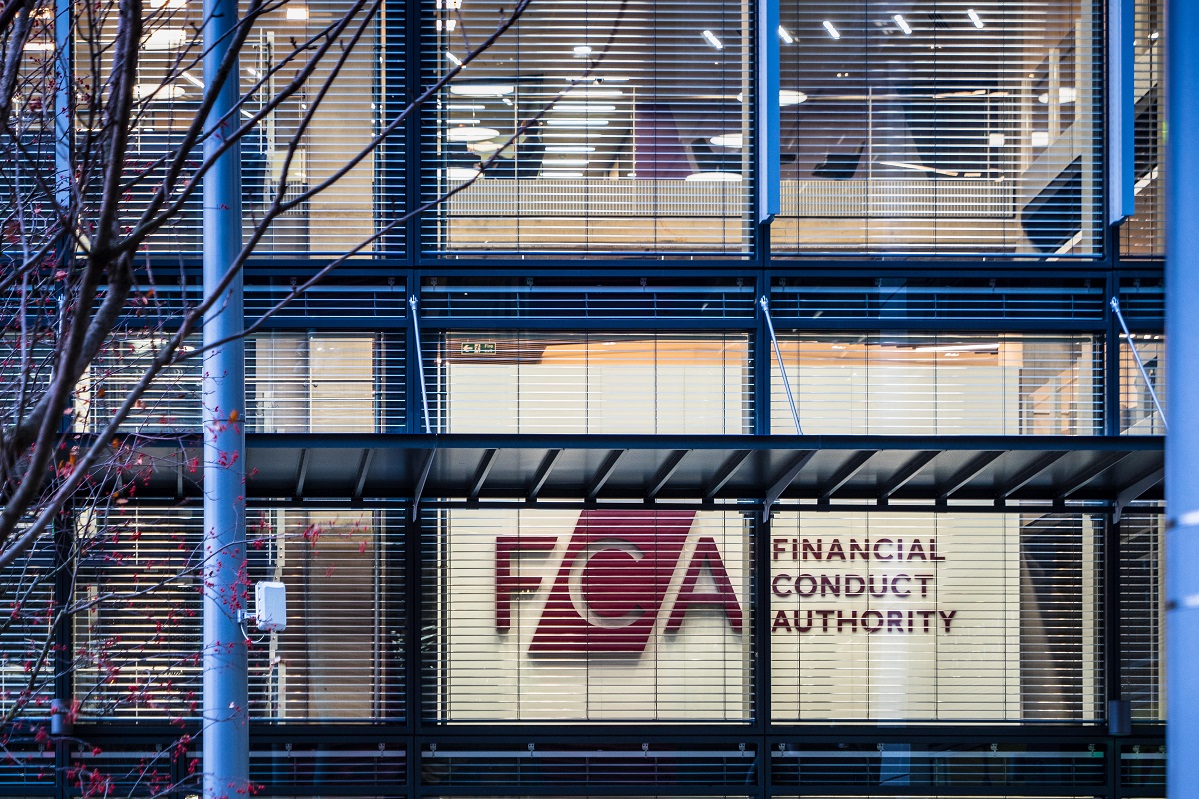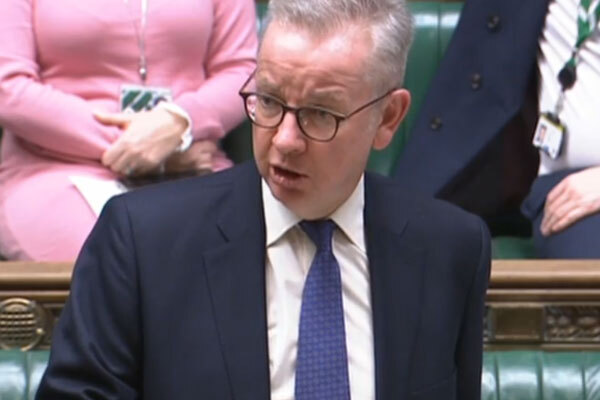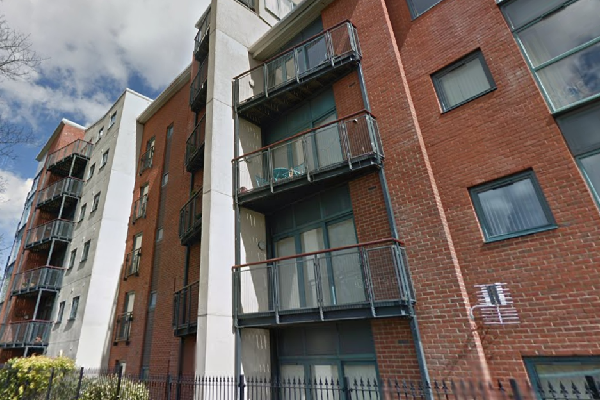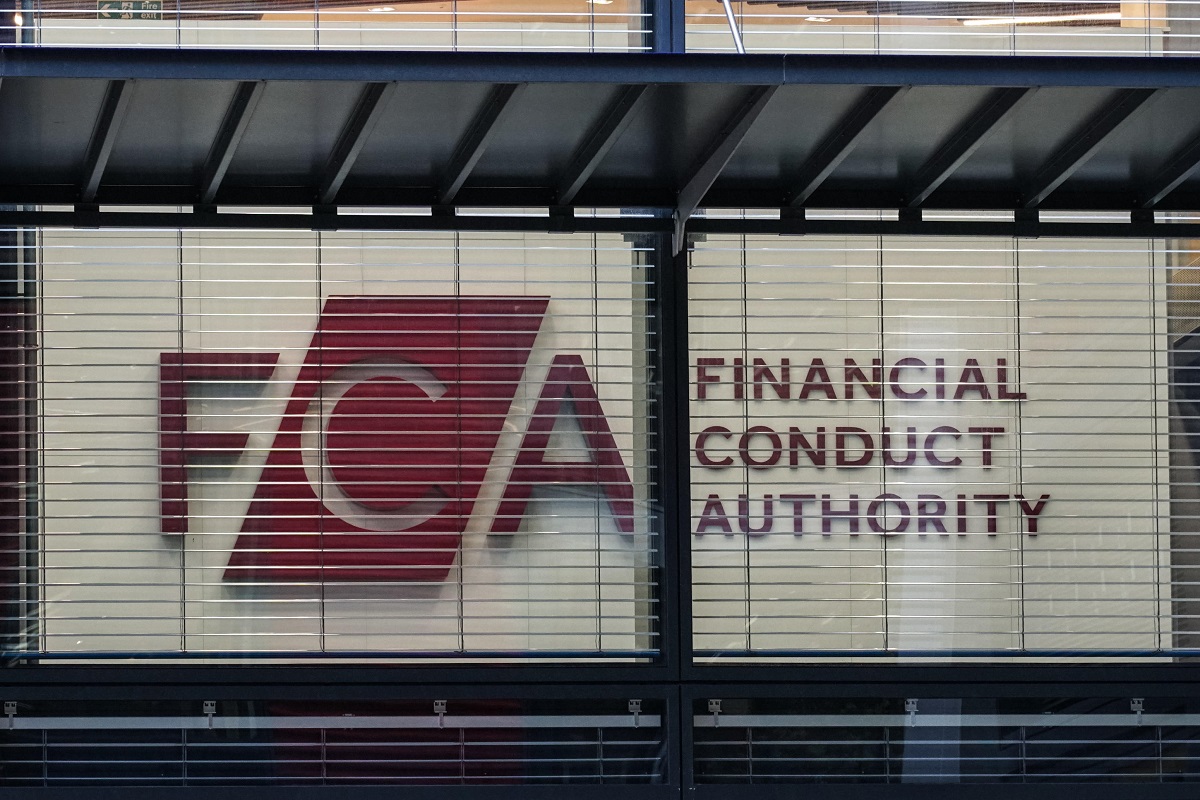You are viewing 1 of your 1 free articles
FCA to make leaseholders insurance customers in bid to clamp down on spiralling commission in blocks of flats
The Financial Conduct Authority (FCA) has outlined plans to clamp down on commission payments to insurance brokers, which have contributed to soaring premiums for residents of blocks of flats after the Grenfell Tower fire.
Leaseholders in blocks of flats have seen the cost of insurance premiums rise by 1,000% in the most extreme cases, as information about the widespread use of combustible cladding and poor construction practices have come to light.
But while some of this rise has been driven by the insurance industry’s view of the heightened risk of high rises, some of the rise relates to spiralling commission charges from the brokers who arrange the insurance.
Some of this involves the broker paying a share of the commission to the building’s managing agent or freeholder – with the FCA saying today brokers were “often unable to articulate” why this money had been shared.
In January, the government moved to ban the payment or sharing of insurance commissions to property managing agents, landlords and freeholders. The FCA said it will “work with DLUHC [Department for Levelling Up, Housing and Communities] to ensure that this action is fully delivered, including changing our rules if required”.
The review, published today, found average per policy insurance broker commission rose by 46% over the three-year review period. In the most extreme instances, commission added 60% to the cost of the insurance premium.
The FCA has proposed changing its rules to make leaseholders customers of the building insurance.
This would explicitly require insurance firms to act in leaseholders’ best interests, bar firms from recommending a policy based on commission or remuneration levels, and allow the FCA to use its enforcement powers to clamp own on poor practice.
Currently, the building’s freeholder or its managing agent is the customer, and arranges the insurance before billing leaseholders for the cost through their service charges.
In a release today, the FCA said it expects brokers to “immediately stop paying commissions to third parties (including property managing agents and freeholders) where they do not have appropriate justification and evidence for doing so in line with our rules on fair value”.
Further action – once the rule changes are in place – could involve commissioning external audits of firms, imposing fines and barring them from practice.
Sheldon Mills, executive director of consumers and competition at the FCA, said: “We want to give leaseholders more rights and the information they need to exercise them. Importantly, under our proposals, those selling multi-occupancy insurance will have to act in leaseholders’ best interests.
“Our review revealed large commissions paid by some brokers to freeholders and third parties, like managing agents, with little evidence of any value added to justify these payments We are taking action against these practices and we won’t hesitate to take further action if brokers don’t comply with our rules.”
The FCA’s investigation examined the practices of 16 firms, which collectively represent 35% of the multi-occupancy building insurance market.
The review showed average broker commission per policy rose by 46% from £1,785 to £2,595 during the three-year period analysed, between 2019 and 2022.
It said this rise had “significantly affected the overall price paid by the purchaser of the insurance, and the cost for the leaseholders who usually ultimately bear this expense”.
It said commission of around £80m was shared between brokers and managing agents during the period – 37% of the total commission – which “significantly affects the cost of insurance”.
“Brokers were often unable to articulate what insurance-related services or benefits of value were provided by the parties sharing commission,” it said. “In many cases, including firms paying 50% or more of commission to another party, all that was provided was a generic or cursory list of the types of activities potentially performed by the party.”
The FCA has previously recommended that a pool-based approach to insuring high-rise buildings is adopted, with the Association of British Insurers (ABI) understood to be currently working on the proposal.
It is hoped this would reduce costs by allowing the risk of a high-rise fire to be spread across the industry instead of being priced in to every policy.
It is understood the ABI’s work is progressing, and is likely to be up and running before the majority of insurance policies renew at the end of the calendar year.
The FCA is understood not to have adopted a straightforward cap on commission rates, fearing that doing so might have unintended consequences, such as making it impossible to insure certain buildings.
Leasehold campaigners have called on the Treasury to waive tax premiums on insurance and to use the government balance sheet to underwrite the policies, allowing the industry to cap premiums.
Sign up for our fire safety newsletter
Already have an account? Click here to manage your newsletters












